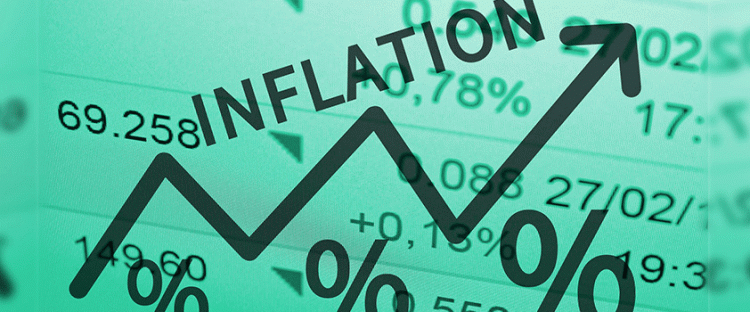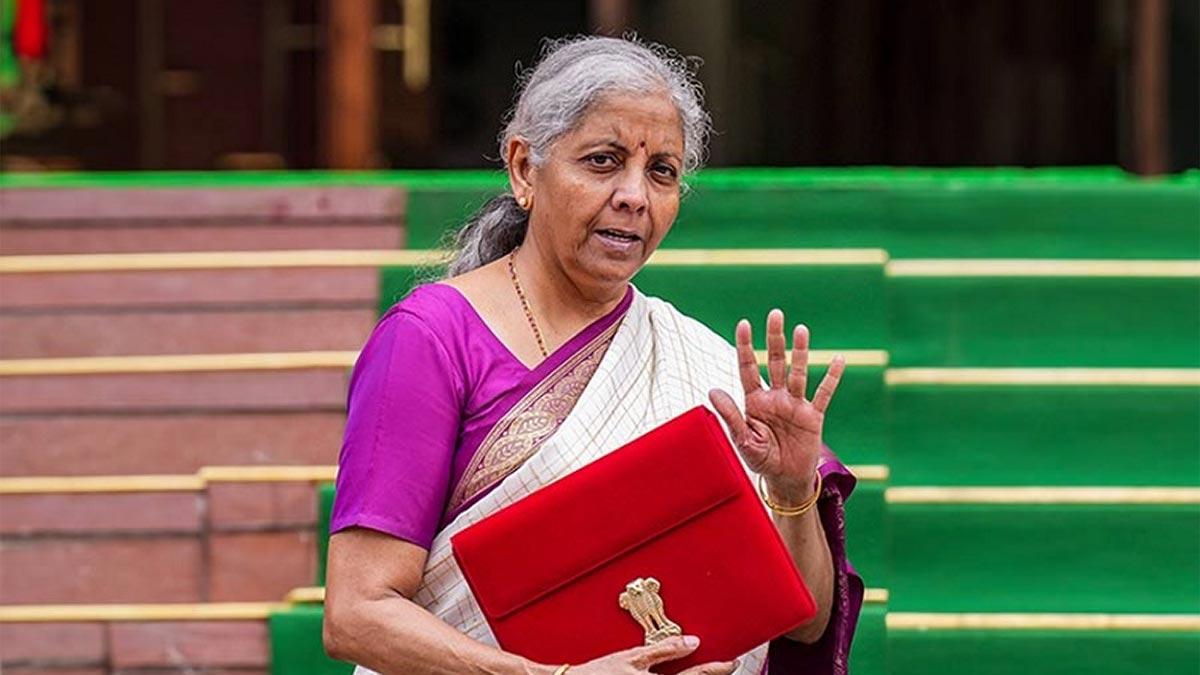US consumer prices in January continued to rise at the fastest annual pace in almost 40 years, the Labour Department reported, raising the prospect of a tighter monetary policy by the Federal Reserve.
The consumer price index (CPI) last month rose 0.6 per cent from the previous month and 7.5 per cent from a year earlier, the largest 12-month increase since June 1982, according to the Department's Bureau of Labour Statistics. The latest data marked a new high after the CPI in December rose 0.5 per cent from the previous month and 7.0 per cent from a year earlier, reports Xinhua news agency.
The so-called core CPI, which excludes food and energy, rose 6.0 per cent over the last 12 months, up from 5.5 per cent over the 12 months ending December, the report showed. The energy index rose 27.0 per cent over the last year and the food index increased 7.0 per cent.
Also read| Biden allocates $5bn for EV charging network amid China threat
The inflation data came one day after a senior Fed official said it will be appropriate for the Federal Reserve to raise interest rates at a faster pace than in the last tightening cycle due to higher inflation.
"This time, I anticipate that it will be appropriate to move the funds rate up at a faster pace because inflation is considerably higher and labour markets are much tighter than in 2015," said Federal Reserve Bank of Cleveland President Loretta Mester.
Also read| Equities trade negative in early trade; Sensex, Nifty slip over 1%
Mester's remarks came after the Fed signaled last month that it is ready to begin a series of interest-rate hikes in March to combat surging inflation as it exits from the ultra-loose monetary policy enacted at the start of the Covid-19 pandemic.
Also on Thursday, the Labour Department reported that initial jobless claims fell by 16,000 to reach 223,000 last week, dropping for the third week in a row after hitting a three-month high amid the Omicron surge.


















